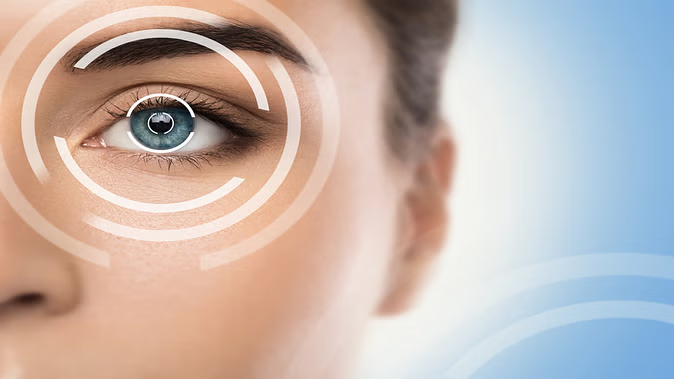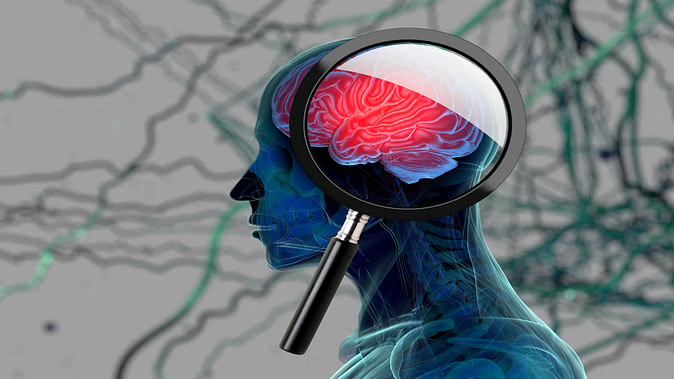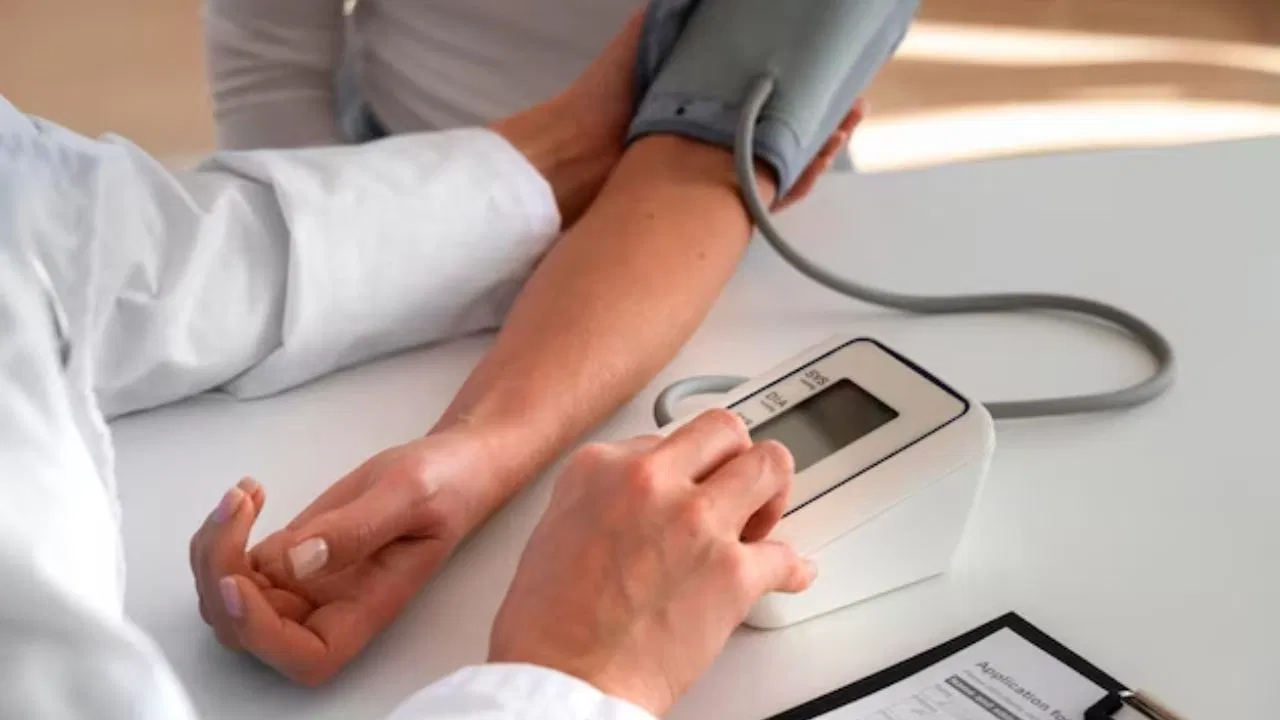Alzheimer's disease-Dementia is a serious brain-related disease, and the risk of this problem is seen increasing rapidly in people above 60 years of age. Due to this disease, there may be problems in thinking, understanding, memory loss along mood disorders. Some studies have found that the risk of this disease has increased in people aged 50-55. Is there any way to know if you are at risk of dementia?

The team of scientists doing research in this regard has said that with the help of some methods, you can guess even a decade in advance whether you are at risk of dementia.
In the findings published in Scientific Reports, researchers from Loughborough University in the United Kingdom said that dementia can be detected in time with the help of eye examination. Vision sensitivity problems can be an early sign of Alzheimer's disease. The team of scientists says that eye examination can be a simple method for timely diagnosis of this serious problem.
Vision problems are a sign of dementia
Cases of brain disorders are increasing globally. Health experts said that if the problem of Alzheimer's disease is detected on time, it can be easy to reduce the risks of dementia. Researchers said, with the help of some neuropsychological tests along with visual processing tests, you can detect this brain related problem 10-12 years in advance.
Vision problems that affect a person's ability to read and write, drive, distinguish colors, or judge distances may be an early sign of Alzheimer's disease.
Eye testing-changes in retina
Earlier studies have also indicated that brain disorders can be predicted with the help of eye examination. The researchers said that changes in the eyes, such as damage to blood vessels, have also been found to help detect Alzheimer's disease.
Researchers found that if beta-amyloid plaques are found in the retina or lens of the eye (one of the main causes of Alzheimer's disease in the brain), it can also be considered a sign that not everything is going well in the brain.

What do researchers say?
Visual sensitivity refers to a person's ability to accurately and efficiently identify and process visual information, says Ahmet Begde, a researcher at UK-based Loughborough University. Early detection of any impairment, such as difficulty recognizing objects or faces or difficulty navigating familiar environments, can be helpful.
Previous research has shown that people who have dementia often complain of poor vision, so scientists conducted this study to investigate susceptibility.
Study Conclusion
In conclusion, the study, Director of Dementia Research at Loughborough University and lead author of the research, Prof. Efe Hogervorst says, based on research, we have found that patients with low scores in eye tests may have a higher risk of dementia. This could have been predicted about a decade in advance.
Researchers said it may be easier to detect the problem through testing. Apart from this, the risk of brain-related problems can be reduced with the help of some changes in lifestyle like not smoking, controlling weight, regular exercise, and a healthy diet.
(PC: ISTOCK)










